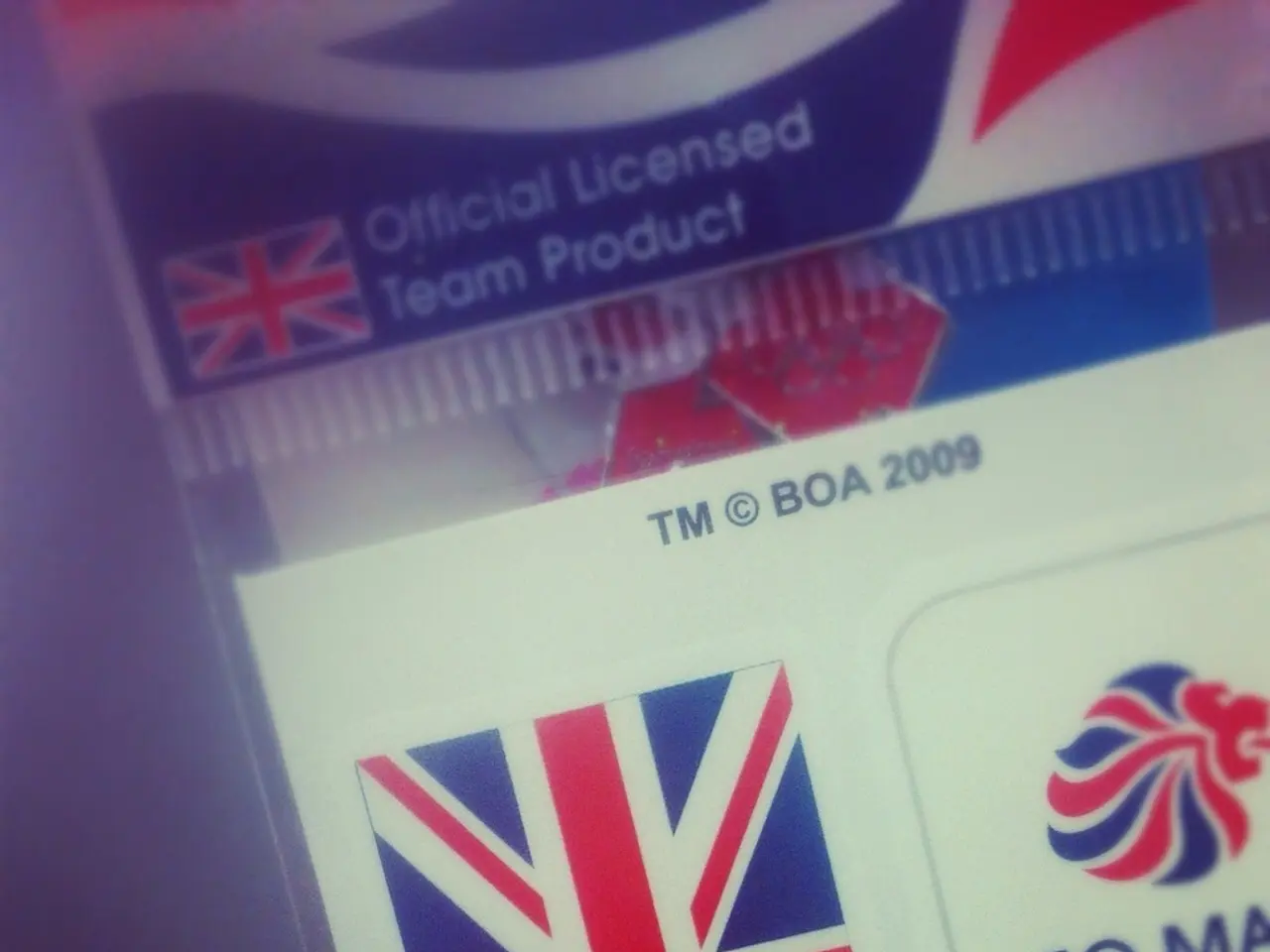India's liberalization drive could encounter obstacles from law firms
India's leading law firms have responded with a mix of caution and optimism to the government's plans to allow foreign law firms to operate within Special Economic Zones (SEZs). This move, part of the 2025 amendments to the SEZ Rules, is seen as a significant step towards facilitating investment and boosting economic growth, particularly in sectors like semiconductors and electronics.
The amendments, notified on June 3, 2025, introduce targeted relaxations such as reduced land requirements and more flexible norms for cross-border manufacturing and finished goods handling. These changes are aimed at reducing entry barriers and fostering high-value investments, with companies like Micron Semiconductor and Aequs Group already signalling immediate practical benefits for SEZ operations and foreign participation.
Manoj Kumar, founder of law firm Hammurabi & Solomon, has welcomed this expansion of services in the context of SEZs, stating that it now permits foreign lawyers to set up offices. He believes that doing business in India while seeking legal support and resolving disputes outside the country should no longer be necessary.
However, the top Indian law firms are emphasising the need to balance liberalisation with the protection of domestic legal practices. They acknowledge that opening SEZs to foreign law firms could improve global legal expertise availability and arbitration paths for foreign investors but may also raise concerns about maintaining competitive fairness and regulatory clarity.
In response to this development, the Society of Indian Law Firms, which includes the country's 100 largest law firms, has sent a questionnaire to its members. The questionnaire seeks their response to this "sudden and significant development" regarding foreign law firms operating in SEZs. The questionnaire includes inquiries about the legality of the Department of Commerce issuing such a notification, the approval of the Bar Council of India, the monitoring of foreign law firms, and the potential for foreign law firms to practice throughout India from SEZs. Law firms were given a deadline of Jan. 25 to respond to the questionnaire.
Manoj Kumar believes that Indian lawyers should not be overly concerned, as the Indian Advocates Act, 1961, contains enough safeguards to address the concerns of Indian lawyers regarding the practice of Indian law and litigation by foreign lawyers in India. He also emphasised the need for reform in arbitration laws to increase foreign businesses' confidence in India as a hub for international mediation, conciliation, and arbitration.
While the Society of Indian Law Firms might be the last obstacle to the government's plans to liberalise the legal industry in India, Manoj Kumar expects the liberalisation process to progress quickly, with world-class legal services becoming available to Indian entrepreneurs as early as 2017.
[1] SEZ Rules Amendments 2025 [2] Micron Semiconductor's SEZ Operations in India [4] Aequs Group's SEZ Operations in India
- The amendments to the SEZ Rules in 2025 have opened up opportunities for law firms, especially foreign ones, as they now can establish offices within Special Economic Zones (SEZs), potentially transforming the legal industry.
- Law firms, including those in the top tier, have shown a mix of enthusiasm and caution about foreign law firms operating in SEZs, with concerns about maintaining fair competition and regulatory clarity, while acknowledging potential benefits such as increased global legal expertise availability.
- As the legal industry progresses towards liberalization, financial Institutions, businesses, and technology companies (in sectors like semiconductors and electronics) may find more favorable conditions for investment and growth within India, thanks to the introduction of targeted relaxations and reduced barriers noted in the SEZ Rules Amendments 2025.




